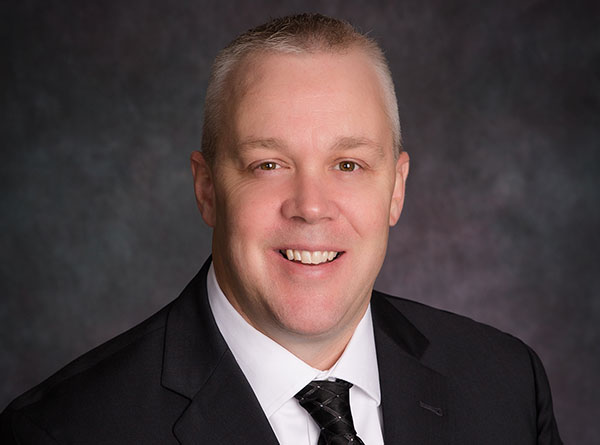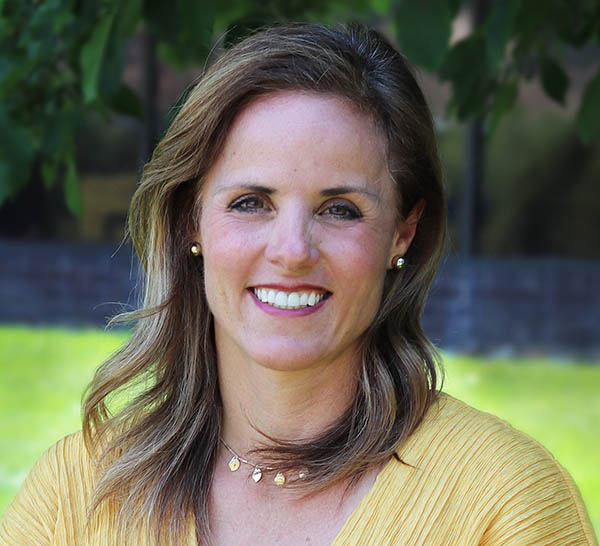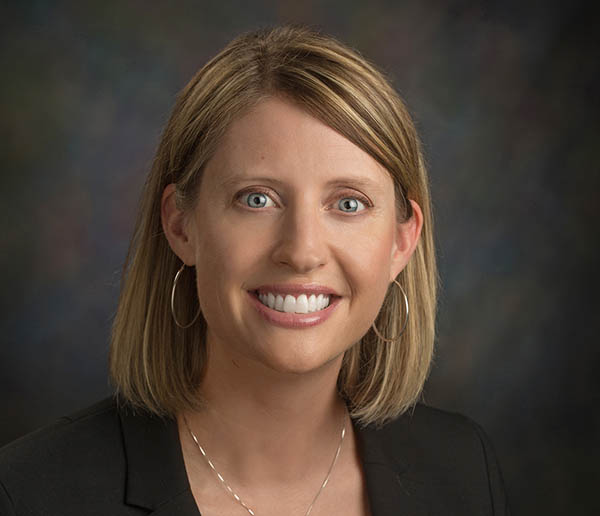This month’s question:
What do you see as the lasting impacts of the COVID-19 pandemic on your cooperative?
Mike Lammers

CEO/General Manager,
Cedar-Knox Public Power District, Hartington, Nebraska
Size: 7,446 meters
At Cedar-Knox Public Power District, our board and employees take great pride in our customer service. The COVID-19 pandemic created challenges in communications across our organization that we had to address to continue that stellar service. While our employees did an excellent job learning to quickly adapt in finding alternative ways to communicate in areas of safety, operations and customer relations, we needed to assess a long-term solution.
These long-term challenges from COVID-19 only enhanced our strategic planning decision to move forward with new technology to help solve these areas of concern. We have taken this as an opportunity to advance with tablets to our fleet to help in all areas of our communications. This advancement in technology will provide a multitude of benefits to all areas of our business.
We see a need for enhanced communication not only for internal improvement but also as a future way to engage directly with consumers. Implementing software and applications to our fleet will provide that efficient link to complement our service that we look at as a fundamental piece of our daily operations. This is essential to continue our great customer service to the district.
Bryan Case

CEO/General Manager,
Fall River Rural Electric Cooperative, Ashton, Idaho
Size: 17,253 meters
At the onset of the pandemic, Fall River prepared for the worst, tightening our financial belts and putting into action a business continuation plan that allowed staff to easily continue to work either remotely or dispatched in small crews. We found operating in a semi-virtual world doable. Member businesses were impacted, and we saw an immediate reduction in energy sales by our commercial members.
However, with a new openness to remote work nationwide, the co-op experienced an influx of consumers using recreational cabins and summer homes as a new base of operations for their remote work. Members who now have the option to work from anywhere chose to migrate to their vacation homes. Fall River’s service area is in the heart of year-round recreation near Yellowstone and Grand Teton national parks, hiking, camping, hunting, world-renowned fishing and ski resorts.
The co-op’s sales to our residential members surpassed the decrease in sales we saw from our commercial members. Working remotely has resulted in a positive impact to Fall River and opens the doors to new opportunities for the co-op.
Jessica Matlock

CEO,
La Plata Electric Association, Durango, Colorado
Size: 43,963 meters
Times of conflict and change serve as a catalyst to reveal the heart of an organization. In some ways, the last year has not been an easy one for the LPEA team. We miss our face-to-face interactions with colleagues, after-hours social gathering, and in-person meetings with our members. But the last year has also been one of the most innovative, transformative and boundary- breaking in our co-op’s 82-year history.
Internally, we’ve re-evaluated our processes and systems to dramatically increase flexibility. We now support more flexible work schedules, allow employees to work from home and have digitized our workflows. Most notably, our project management has undergone a digital transformation, improving efficiency and cost savings along the way.
Externally, our website is also in mid-transformation. When complete, members will be able to interact with us online (if they prefer) on everything from new service requests to rebates to energy assessments. We’ve hosted multiple virtual town halls to stay connected with our members, and our board and committee meetings are all livestreamed on Zoom and recorded for future viewing.
These evolutions will remain with us post-pandemic and will result in a better quality of service for our members, cost savings and more flexibility and job satisfaction for our employees.
Suzanne Lane

Executive Vice President/CEO,
Kansas Electric Power Cooperative Inc., Topeka, Kansas
Size: G&T
One lasting change resulting from the COVID-19 pandemic involves our load, in the forms of both load growth opportunities and the possibility of permanent load decline. Because most of the nearly 300,000 consumer-members that our members serve are residential, we have seen increased residential load associated with folks working or learning from home.
However, because we also serve the agribusiness sector, the oil and gas industry, and a multitude of small businesses, the load decline—and other related impacts like job losses and reduced tax base—for these consumers could remain indefinitely or take years to recover.
A key significant opportunity for us resulting from the pandemic, if approved by Congress, involves the ability to refinance Rural Utilities Service debt. We currently have $84.8 million in Federal Financing Bank loans, so if we are able to reprice these loans without penalty, we estimate a savings of about $20 million to $25 million. That savings can be directly passed along to our members and the rural Kansans they serve.
Another lasting change involves enhancing our members’ experience. By incorporating technology, offering flexible work options and encouraging innovation, we have been able to efficiently and safely serve our members, providing them with the best experience possible during these unprecedented times.
